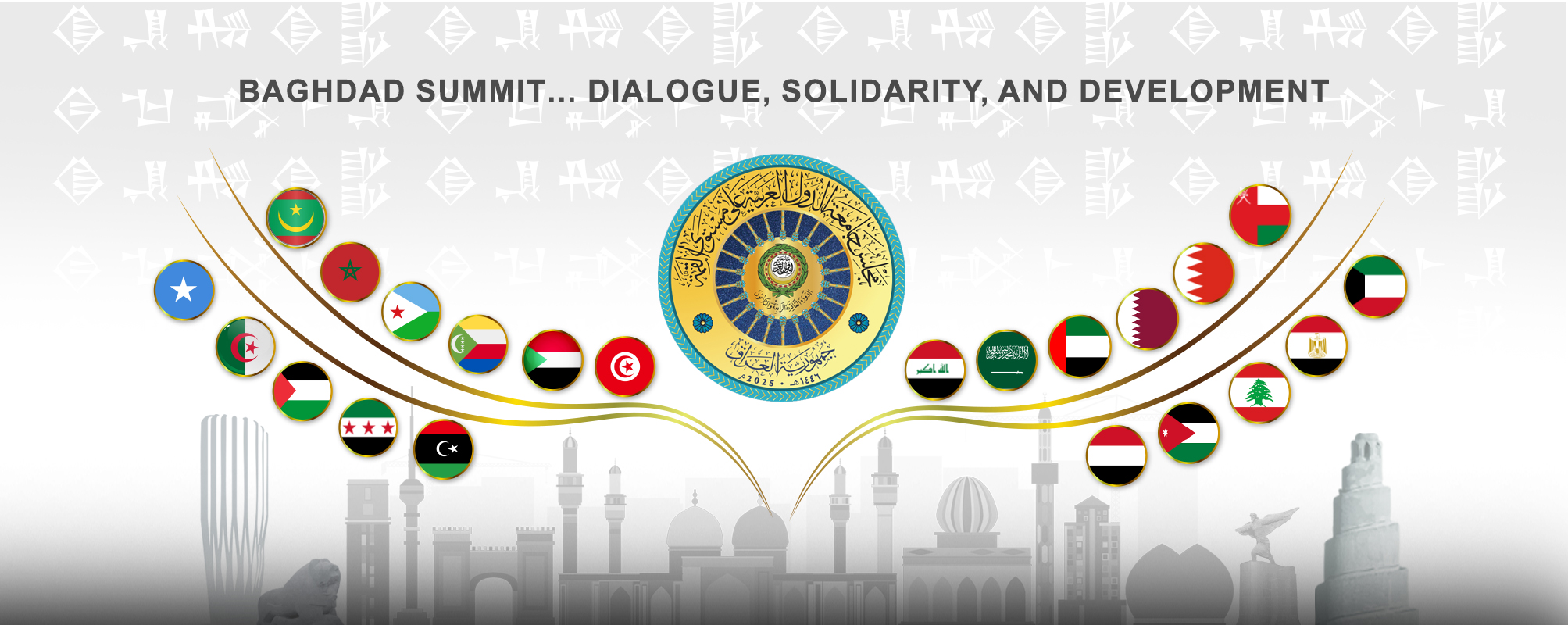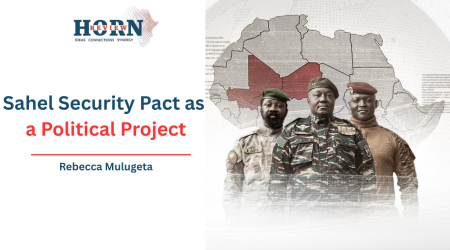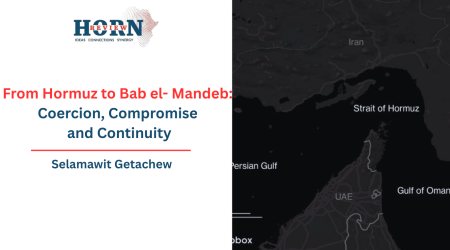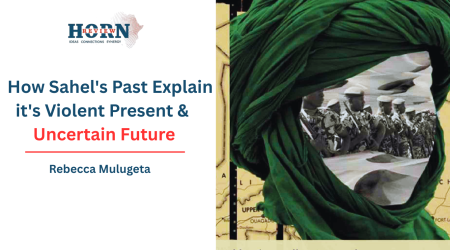
17
May
Baghdad Summit 2025: Symbolic Unity Amid Strategic Fragmentation
The 2025 Arab League Summit in Baghdad comes at a time of renewed crisis in Gaza and shifting regional dynamics. As Israel resumes military operations and Arab leaders reaffirm support for Gaza’s reconstruction without displacement, the summit reflects symbolic unity but limited strategic influence.
Iraq’s role as host signals its intent to act as a regional mediator between the U.S. and Iran. Yet internal political fractures and the influence of Iran-aligned militias constrain Baghdad’s effectiveness.
Overshadowing the summit was former U.S. President Donald Trump’s regional visit, particularly his meeting with Syria’s new President Ahmad al-Sharaa, a former insurgent commander still wanted in Iraq. Trump’s promise to lift sanctions if re-elected hints at a major policy shift, but al-Sharaa’s legacy remains controversial, especially among Iraqi Shiite factions that resisted his inclusion.
Meanwhile, Iran continues to shape events quietly. The visit of Quds Force leader Esmail Ghaani ahead of the summit illustrates Tehran’s dual approach: negotiating diplomatically while reinforcing its influence through proxies.
Though Gaza offers a rare point of consensus, the Arab League remains fragmented over issues like Syria’s reintegration, ties with Iran, and normalization with Israel. The Baghdad summit highlights the enduring relevance of pan-Arab diplomacy – yet exposes its limits in a region increasingly defined by flexible alliances, rival power projections, and contested legitimacy.










